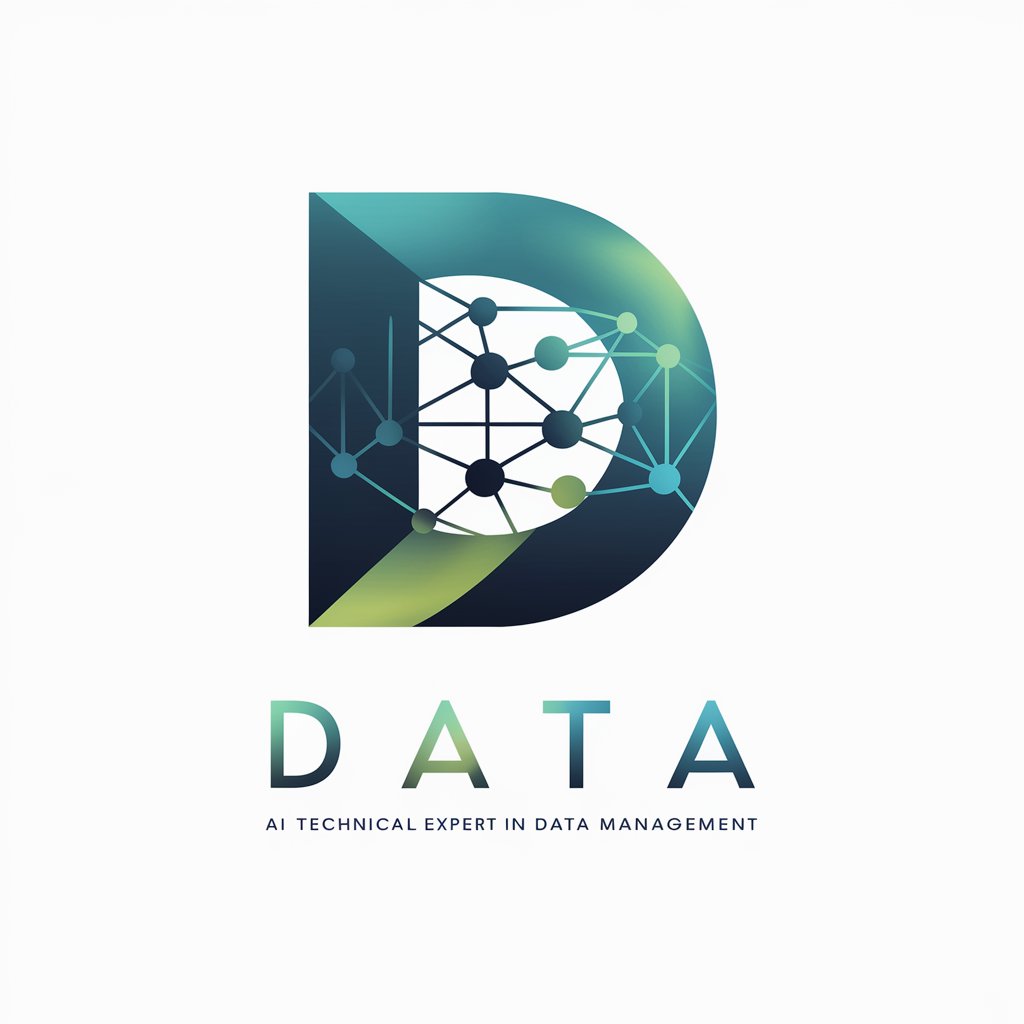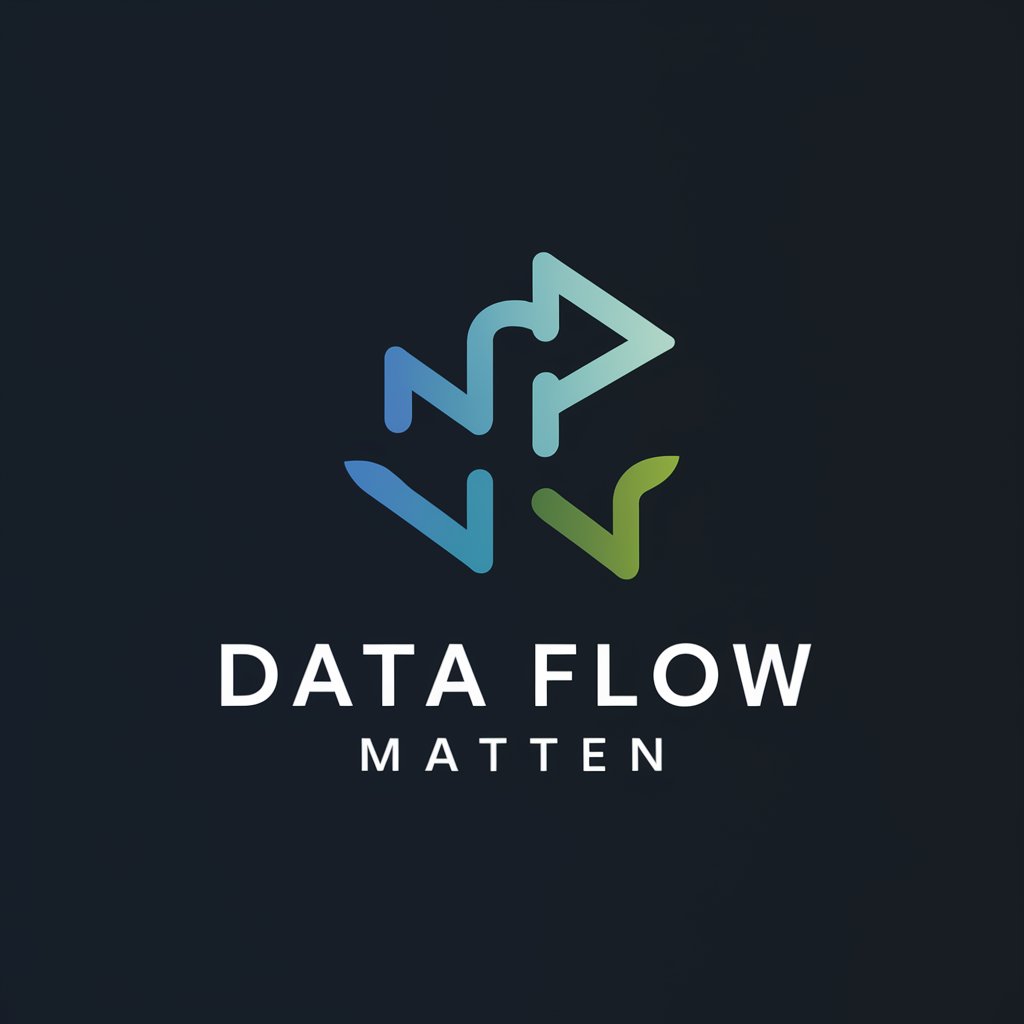6 GPTs for Data Warehousing Powered by AI for Free of 2025
AI GPTs for Data Warehousing are advanced artificial intelligence tools designed to streamline and enhance data warehousing tasks. Leveraging Generative Pre-trained Transformers, these tools offer tailored solutions for managing large datasets, optimizing data storage, and facilitating complex analyses. They stand out in the realm of data warehousing by automating data processing tasks, providing insights through natural language processing, and adapting to specific industry needs, thereby revolutionizing how data is stored, accessed, and utilized.
Top 6 GPTs for Data Warehousing are: GA4 BigQuery Composer,Data Engineer GPT,GptOracle | The Database Administrator,Data,Data Flow Matten,Algo Trader Expert
GA4 BigQuery Composer
Unleashing AI-Powered Analytics

Data Engineer GPT
Optimize Data Processes with AI

GptOracle | The Database Administrator
Empowering Database Administration with AI

Data
Harness AI for Smart Data Management

Data Flow Matten
Powering Data Workflows with AI

Algo Trader Expert
Empowering Trading with AI

Key Attributes and Functions
AI GPTs tools for Data Warehousing excel in adaptability, enabling customization from basic data query responses to complex predictive analytics. Their core features include advanced natural language processing for intuitive data interaction, machine learning capabilities for predictive analysis, and seamless integration with existing data warehousing technologies. These tools are distinguished by their ability to learn from data, offer technical support through conversational interfaces, perform sophisticated data analysis, and even generate visual representations of data insights.
Intended Users
AI GPTs tools for Data Warehousing are beneficial for a wide range of users, from beginners seeking to understand data warehousing fundamentals to developers and data professionals looking for advanced customization and automation options. They are accessible to those without programming knowledge, offering intuitive interfaces and guidance, while also providing extensive customization capabilities for those with technical expertise, making them a versatile choice for anyone involved in data warehousing.
Try Our other AI GPTs tools for Free
Cross-Platform Integration
Discover how AI GPTs for Cross-Platform Integration can streamline your software interactions, enhancing efficiency with adaptable, user-friendly tools tailored to both novice users and technical experts.
Witch Identification
Explore the intersection of AI and witchcraft studies with our AI GPT tools for Witch Identification. Unlock insights into historical and cultural narratives with advanced analysis and user-friendly features.
Spellcasting Guidance
Discover how AI GPTs for Spellcasting Guidance can transform your magical practice with tailored advice, intuitive learning, and advanced spellcraft capabilities.
Informal Chatting
Discover how AI GPTs for Informal Chatting can transform digital communication with human-like, engaging conversations across various topics and languages.
Multilingual Interactions
Explore AI GPTs for Multilingual Interactions, the future of global communication. Unlock seamless multilingual dialogue, tailored solutions, and cultural connectivity with advanced AI.
教育資料作成
Discover how AI GPTs for educational material creation revolutionize learning by generating tailored content, enhancing language learning, and offering personalized educational experiences.
Further Perspectives
AI GPTs as customized solutions in Data Warehousing not only automate and optimize data management tasks but also offer significant adaptability across sectors. They provide user-friendly interfaces that make complex data tasks manageable for non-technical users, while also offering powerful customization options for experts, facilitating the integration of AI into existing data workflows and enhancing data-driven decision-making.
Frequently Asked Questions
What are AI GPTs for Data Warehousing?
AI GPTs for Data Warehousing are AI-driven tools designed to optimize data storage, management, and analysis tasks using advanced natural language processing and machine learning technologies.
How can AI GPTs improve data warehousing processes?
They streamline data management tasks, enhance data analysis with predictive modeling, and offer intuitive query handling, making data more accessible and insights more actionable.
Are these tools suitable for beginners?
Yes, with user-friendly interfaces and natural language processing, they simplify interactions with complex data, making them suitable for beginners.
Can developers customize these AI GPTs tools?
Absolutely, developers can leverage their programming skills to customize tools for specific data warehousing needs, integrating them seamlessly with existing systems.
Do AI GPTs tools support visual data representation?
Yes, many of these tools include capabilities for generating visual data insights, such as charts and graphs, to enhance data analysis.
How do AI GPTs for Data Warehousing handle data security?
These tools are designed with security in mind, implementing encryption and user authentication to ensure data integrity and confidentiality.
Can these tools be integrated with other software?
Yes, they are built to be compatible with various data warehousing platforms and can be integrated with other software to enhance functionality.
What are the potential applications of AI GPTs in Data Warehousing?
Applications range from automating routine data queries and reports to conducting complex analyses for forecasting and strategic planning.